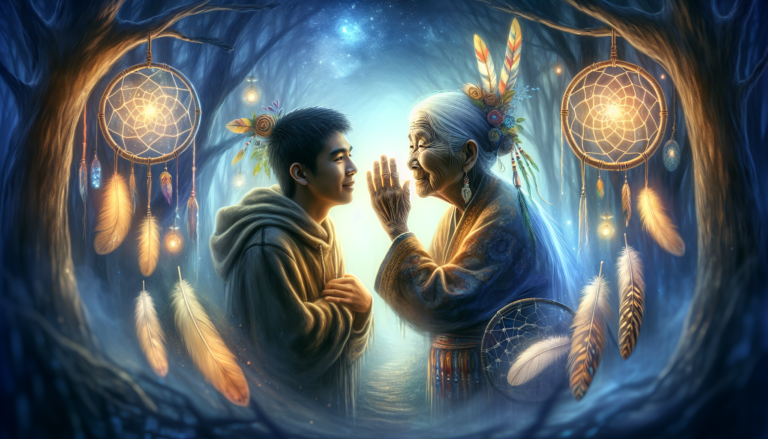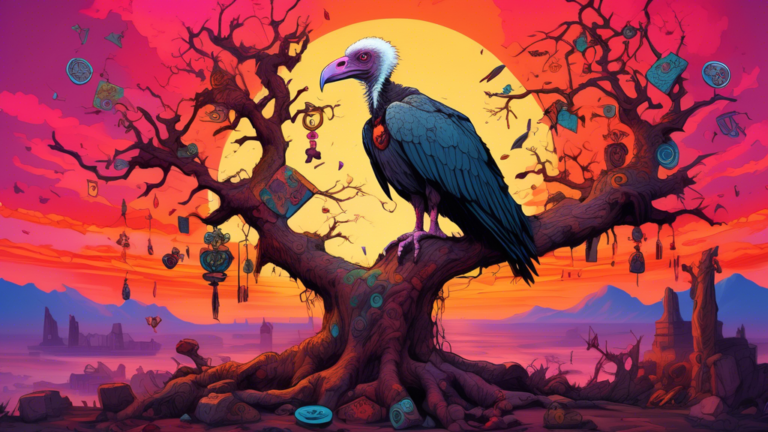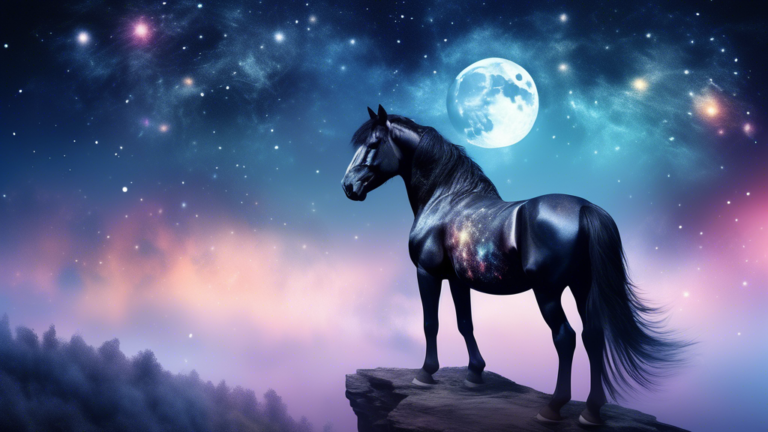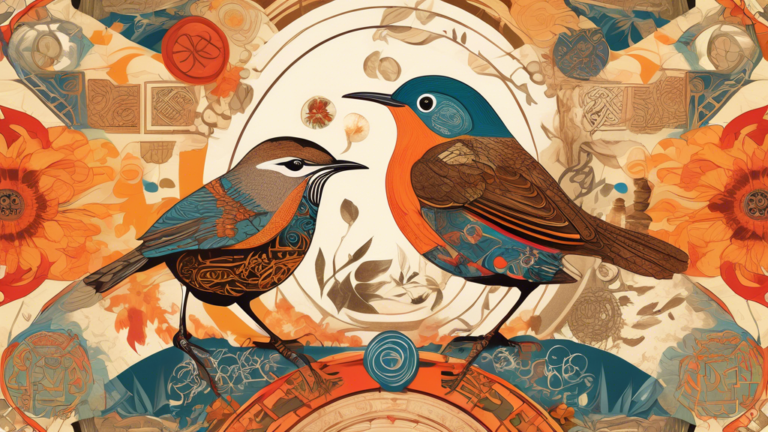Exploring the Symbolic Meaning of Sheep in Culture and Mythology
Introduction to the Symbolism of Sheep
Sheep have been integral to human societies across the globe for thousands of years. Not only have they been a key source of wool, meat, and milk, but they have also held significant roles in various cultural beliefs and mythologies. Throughout history, sheep have been imbued with various meanings and symbols, often revolving around themes of innocence, purity, and sacrifice.
Sheep in Ancient Religions and Mythologies
Ancient Egypt
In Ancient Egypt, the ram was seen as a symbol of fertility and war. The god Khnum, who was depicted as a ram-headed deity, was believed to be the creator of children’s bodies, which he made at a potter’s wheel from clay before placing them in their mothers’ wombs. This association with creation and life positioned the sheep as a revered animal in Egyptian culture.
Judaism and Christianity
In Judeo-Christian traditions, sheep are frequently mentioned in the scriptures, often symbolizing innocence, gentleness, and sacrifice. One of the most famous biblical stories is that of the Sacrifice of Isaac, in which a ram provided by God substitutes for Abraham’s son as a sacrificial offering, highlighting the ram’s role as a substitute in sacrifice. The ‘Lamb of God’ is another powerful symbol in Christianity, representing Jesus Christ’s sacrifice for humanity’s sins.
Greek Mythology
In Greek mythology, sheep also hold a significant place. The Golden Fleece, for instance, is a famous tale where Jason and the Argonauts embark on a quest for a magical ram’s fleece that symbolizes authority and kingship. This story underscores the sheep’s role in ancient Greek symbolism as an object of great power and purity.
Sheep in Cultural Folklore and Practices
Asian Cultures
In Chinese culture, the sheep is one of the twelve animals in the Chinese zodiac, symbolizing luck, auspiciousness, and peace. Individuals born in the year of the sheep are often described as gentle, sympathetic, and resistant to hardship. Sheep play similar roles in other Asian belief systems, often linked to positive traits such as kindness and sincerity.
European Peasant Culture
In many European cultures, particularly in pastoral societies, sheep have been central to daily life and economy. Folktales and songs often glorify the sheep’s role in pastoral life and its economic importance. Festivals and rituals might also involve sheep, such as the Scottish ‘tupping’ ceremony, marking the beginning of the sheep breeding season.
Native American Beliefs
Among some Native American tribes, such as the Navajo, sheep are more than just economic commodities; they are vital to the community’s social fabric. Sheep herding and wool weaving are not only important for survival but also serve as spiritual practices and a means of maintaining a connection with the land and their ancestors.
Modern Symbolic Representations of Sheep
Today, sheep continue to appear in modern symbols and idioms. Phrases like separating the sheep from the goats and like lambs to the slaughter permeate languages, showing the enduring nature of sheep symbolism in human culture. Additionally, in a socio-political context, the term ‘sheeple’ has emerged to describe people who conform to the majority without critical thinking, illustrating how sheep’s characteristics are metaphorically applied to human behavior.
Conclusion
The symbolic meaning of sheep in culture and mythology reveals a rich tapestry of beliefs and values. From ancient times to the present, sheep have been portrayed as bearers of significance far beyond their immediate tangible value. Whether seen as symbols of purity and sacrifice or as central figures in cultural rituals and practices, sheep hold a unique and revered place in global cultures, reflecting the diverse and multifaceted nature of human societies.
Exploring the Symbolic Meanings of Whales
The Symbolic Meanings of Sunflowers: What They Represent







